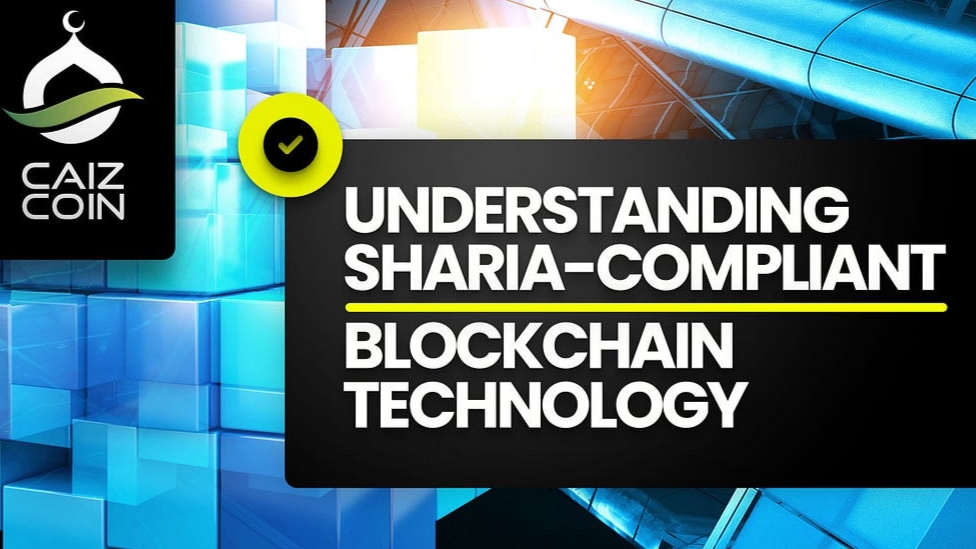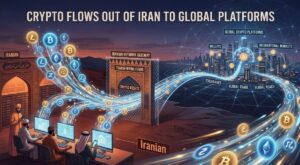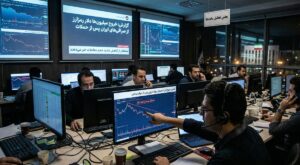Overview
The best instrument for maintaining Sharia Law’s tenets in financial systems is blockchain technology. Blockchain provides solutions that easily conform to Islamic ethical and legal standards thanks to its openness, traceability, and community governance capabilities. Mohemed AlKaff AlHashmi, co-founder of Haqq Network, discussed how blockchain is revolutionising Sharia-compliant finance in an interview with Cointelegraph.
Financial Ethics and Sharia Law
Financial Activities Are Prohibited in Islam
Usury, gambling, and lending money at guaranteed interest rates (riba) are all outright forbidden by Sharia Law, which regulates many facets of Muslim life. In Islam, such actions are deemed “haram” or prohibited.
Blockchain as a Solution for Halal
The usage of blockchain is recommended by AlHashmi to guarantee that money operations originate from “halal” or legal sources. “If you look at the blockchain, it’s the most compatible technology with the ethics and values of Sharia,” he says. The blockchain is the finest technology to support transparency, community governance, and traceability.
Taking Care of Muslims’ Financial Needs
Sharia-Compliant Finance’s Obstacles
The estimated 2 billion Muslims worldwide frequently encounter difficulties obtaining financial solutions that adhere to Sharia law. Ethical investment methods, equity-based home financing, and halal gifts (zakat) are important sectors. In the past, technological constraints and the opaqueness of conventional financial systems have made it difficult to confirm that income and assets comply with Sharia law.
The Expanding Crypto Market Compliant with Sharia
The estimated $4 trillion Sharia finance market is expected to double in size over the next five years. By guaranteeing that financial transactions and investments follow Islamic standards, blockchain offers a solution to overcome these issues.
Examples of Blockchain Projects Compliant with Sharia
Other Platforms and the Haqq Network
Specifically created to satisfy Sharia-compliant financial requirements, the Haqq Network is a layer-1 EVM-compatible blockchain. Non-custodial wallets like Sahal Wallet, which had more over 40,000 users in 2022, are among the Islamic financial services that other platforms, like Marhaba Network, concentrate on offering.
Cryptocurrency Offerings Compliant with Sharia
Another significant event was Bybit’s 2023 introduction of the Crypto Islamic account. It was created in collaboration with Zico Shariah and provides users with access to trading pairs, bots, and Sharia-compliant tokens.
Adoption on a Regional and International Level
North Africa and the Middle East Set the Standard
According to a 2023 Chainalysis research, between July 2023 and June 2024, 7.5% of all bitcoin transactions worldwide took place in the Middle East and North Africa. This demonstrates how blockchain solutions are increasingly being used in areas with a large Muslim population.
Prospects for the Future
Blockchain technology is positioned to be a key component in addressing the moral and economic requirements of the Muslim community worldwide as the demand for halal-approved cryptocurrency products rises.
Blockchain technology is a game-changer for making sure financial systems adhere to Sharia law. It provides Muslims worldwide with a dependable means of participating in moral financial activities because of its built-in transparency, traceability, and community governance. Blockchain is poised to transform Islamic banking in the future as the market for Sharia-compliant cryptocurrencies keeps expanding.




























